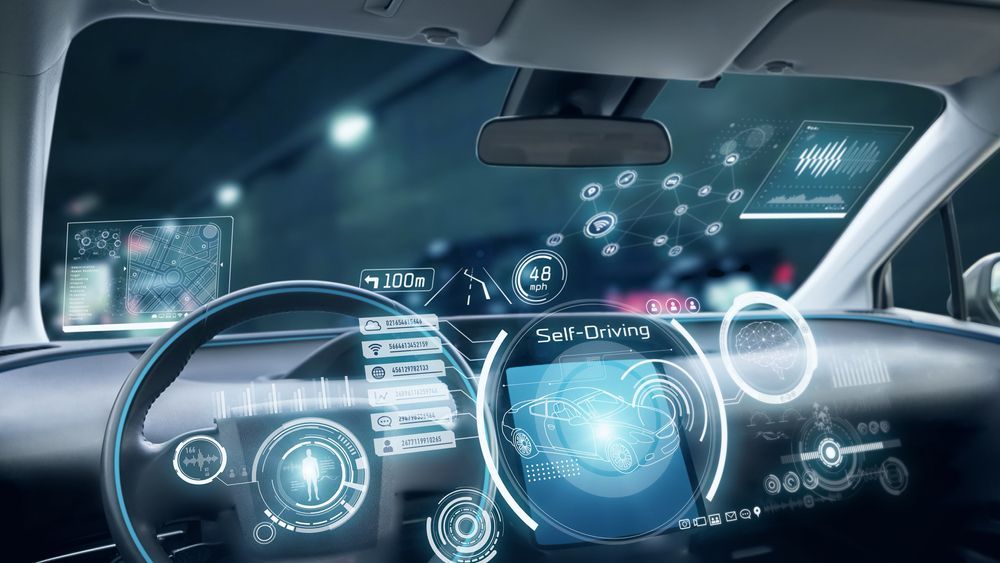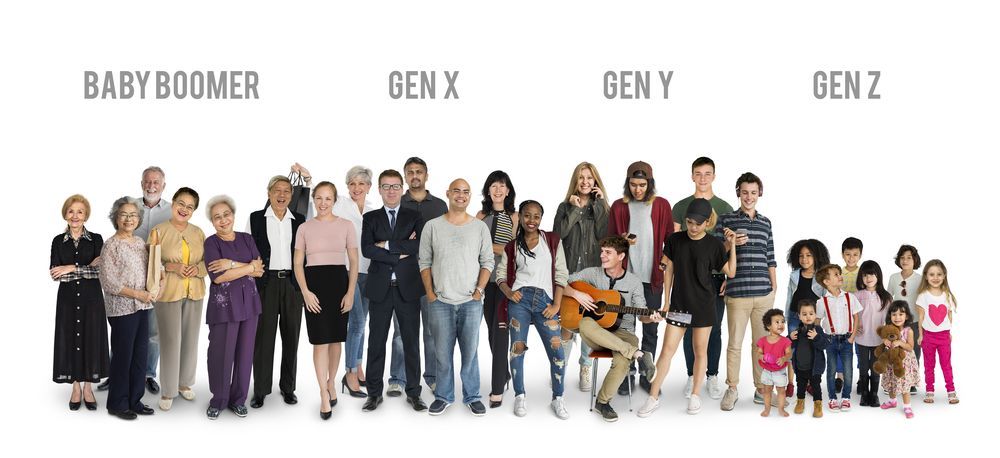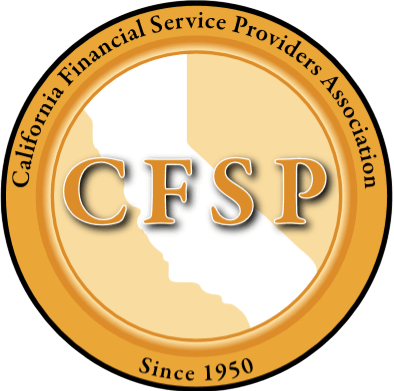The Impact of ChatGPT on Automotive Technology
By Marcela De Vivo • September 13, 2024
Over the last few years, the motor vehicle industry has seen a transformative revolution fueled by the arrival of artificial intelligence (AI). Among the cutting-edge technology, ChatGPT in automotive innovation can have a profound impact. This AI-powered language model created by OpenAI is poised to become a game-changer in the industry.
This article explores the importance ChatGPT could have in automotive innovation. It emphasizes ChatGPT’s potential future impact on customer interaction, along with how it could increase the ease of task automation and improve operational efficiency. By shining light on real-world examples, advantages, obstacles, and future potential, this article reveals how ChatGPT in the automotive industry is driving an era of unprecedented innovation.

ChatGPT in the Automotive Industry: Unrestricted Potential for Automotive ChatGPT
ChatGPT’s role in automotive businesses is considered to be game-changing, revealing unmatched versatility and changing the landscape for future innovations. Unlike traditional applications, ChatGPT’s cutting-edge abilities have introduced the possibility of even more innovations in the automotive sector. The program’s profound ability to process natural language inputs and create human-like responses could reshape how automakers interact with customers and tackle internal operations.
One of the most unique aspects of ChatGPT in automotive operations involves its ability to substantially enhance customer experiences. In the quest for unparalleled customer satisfaction, countless motor vehicle companies have considered embracing ChatGPT as a support system. By integrating AI-powered chatbots into websites and mobile applications, these companies have seen substantial improvement in response times and satisfaction ratings assigned by customers.
Due to its natural language processing algorithm, ChatGPT in automotive services could seamlessly understand and respond to customer queries, resulting in an unprecedented personalized assistance process. From recommending suitable vehicle models to helping customers arrange test drives or service appointments, ChatGPT’s responsiveness could create stronger relationships between motor vehicle brands and their customers. This customized approach may increase the quality of customer experiences and result in increased brand advocacy and customer loyalty.
Beyond customer interactions, ChatGPT in the automotive trade could prove to be instrumental in improving motor vehicle companies' operational efficiency. Once time-consuming tasks that hampered human resources may be automated, simplifying the process. The model’s advanced capabilities could allow it to automate various processes, such as generating detailed vehicle service reports and assessing customer feedback.
As the motor vehicle industry
enters the age of Industry 4.0, ChatGPT in automotive operations might find its niche in both smart manufacturing and production lines. By interacting with Internet of Things (IoT) devices and other interconnected systems, ChatGPT could seamlessly integrate into smart factories. This integration would result in highly efficient and interconnected ecosystems. ChatGPT would work with robotic systems, monitor production processes, and possibly distinguish potential issues in real time. Consequently, the motor vehicle industry might profit from improved workflow, decreased downtime, and increased productivity.
ChatGPT in the automotive vertical might extend its operational capabilities to the field of supply chain management too. By utilizing an AI algorithm, ChatGPT could accurately predict demand patterns, optimize inventory levels, and proactively schedule maintenance based on vehicle usage info. This data-driven technique could streamline operations resulting in heightened efficiency and lowered costs across supply chain networks. Motor vehicle companies can now minimize lead times, reduce excess inventory, and ensure seamless logistics from suppliers to manufacturers and dealerships.
ChatGPT’s potential in the motor industry can go beyond improving customer interactions and streamlining operations to shaping
autonomous vehicles' future. With its advanced learning skills, ChatGPT in automotive businesses can assess large amounts of data from sensors and other connected devices. This greatly contributes to self-driving technology development and improvement.
As the motor vehicle industry approaches a future with self-driving vehicles, ChatGPT’s contributions can almost certainly be influential in improving safety, reliability, and overall performance.

Improving Customer Experience: ChatGPT as the Ultimate Support System for Automotive ChatGPT
In pursuing unparalleled customer satisfaction, motor vehicle companies have discovered that ChatGPT in automotive services could be a powerful tool for elevating customer interactions. By integrating AI-driven chatbots into mobile apps and websites, countless motor vehicle industry companies could see substantial improvements in response times and overall customer satisfaction scores. Customers may now experience instant and customized access with ChatGPT’s natural language processing algorithms.
This could allow it to understand responses to queries and provide personalized product recommendations quickly. It can even help schedule test drives or service appointments. Responsiveness to this degree can reshape the experience of many motor vehicle industry customers, creating a stronger bond between brands and clientele.
Empowering Efficiency Through Automation with ChatGPT’s Help in the Automotive ChatGPT Industry
The motor vehicle industry’s daily operations are often challenged by time-consuming and repetitive tasks that limit productivity. With ChatGPT’s automation tools, ordinary workloads are no longer a challenge for human resources. In the future, ChatGPT in the automotive trade can help to automate various processes ranging from creating vehicle service reports, analyzing customer feedback, and helping with parts ordering.
This newfound efficiency lets motor vehicle industry professionals change their focus to more creatively demanding activities. Consequently, companies could experience increased productivity, quicker decision-making, and a substantial reduction in costs, leading to the creation of a more innovative and progressive environment.
Revolutionizing Operations: ChatGPT as a Growth Driver for Automotive ChatGPT
ChatGPT’s integration into various motor vehicle industry processes might transform business operations. By making the most of AI algorithms, ChatGPT in the automotive sector can accurately assess demand patterns, optimize inventory levels, and help schedule maintenance based on reduced costs. Through ChatGPT's predictive capabilities, motor vehicle companies could better manage their inventory and ensure that they always have the right parts on hand when needed.
ChatGPT’s data-driven maintenance scheduling can also ensure vehicles receive maintenance when needed, reducing downtime and increasing automotive asset lifespan.
Challenges and Solutions: Realizing the Path to Seamless Implementation in the Automotive ChatGPT Industry
ChatGPT in the automotive business offers some substantial advances to the motor vehicle industry, but its implementation also poses some challenges that require careful review. These challenges include data privacy. Motor vehicle companies should prioritize customer security and confidentiality during ChatGPT interactions. To tackle these concerns, companies should use stringent data security measures including encryption protocols, access controls, and regular data audits. Sticking closely to data privacy regulations ensures confidential data remains guarded against unauthorized access.
Guaranteeing ChatGPT's accuracy is another critical detail to consider in the implementation process. To maintain customer trust and satisfaction, motor vehicle companies would need to invest in continuous model training and improvement. A comprehensive feedback loop where user interactions with ChatGPT in automotive businesses are continuously evaluated offers valuable insights into performance. Additionally, utilizing quality assurance mechanisms can help identify and resolve potential biases or inaccuracies in ChatGPT’s responses. By fine-tuning the model and assessing user feedback, motor vehicle companies can encourage a reliable and customer-focused AI experience.
Furthermore, integrating ChatGPT in the automotive trade seamlessly into existing motor vehicle workflows can present some unique challenges. Companies must ensure that the model effectively collaborates with existing systems, databases, and applications. Compatibility testing and thorough investigation planning are crucial to achieving a smooth transition without interrupting daily operations. An open and collaborative approach to implementation allows for agile adjustments and optimizations as technology is further integrated into motor vehicle industry ecosystems.
The nuances of the automotive industry and the wide range of use cases might require customization of ChatGPT in automotive businesses to address specific requirements effectively. Customization should be done in a manner that meets business objectives and customer needs. This is so that the model delivers uniquely tailored solutions to address motor vehicle industry challenges.
As the motor vehicle industry continues to evolve, maintaining scalability and performance with ChatGPT in the automotive industry becomes more imperative than ever. With an increasing number of customer interactions, the demand for ChatGPT systems might grow, requiring robust infrastructure and resources to support seamless user experiences. Regular performance assessments and capacity planning are vital to preventing potential bottlenecks and making sure that ChatGPT can meet increased workloads effectively.
The Future of ChatGPT in the Automotive Industry: Pioneering Innovations Lie Ahead
As ChatGPT in automotive companies continues to change, the future of the automotive industry appears increasingly filled with promise. By seamlessly integrating more nuanced language models into vehicles, motor vehicle companies can introduce the next era of personalized driving experiences and groundbreaking autonomous driving systems.
Imagine a world where ChatGPT-powered virtual assistants both help with navigation and proactively suggest nearby attractions based on user preferences. These assistants could also recommend optimal charging stations for electric vehicles, considering real-time charging station availability and traffic conditions.
Additionally, ChatGPT in automotive businesses could facilitate seamless interactions with smart city infrastructure. This could enable vehicles to communicate with traffic lights along with other vehicles, which could subsequently optimize traffic flow and enhance road safety.

Redefining the Motor Vehicle Industry with Automotive ChatGPT
ChatGPT in the automotive trade represents a substantial advancement in motor vehicle innovations. By revolutionizing customer interactions, automating tasks, and streamlining operations, ChatGPT has the potential to reshape the auto industry as a whole. As motor vehicle enthusiasts, industry professionals, and techies embrace the potential for changes promised by ChatGPT, it’s paramount to remain at the forefront of this constantly evolving landscape.
One of the most effective ways to learn about what impacts ChatGPT in automotive operations is to ask around your own motor vehicle provider or maintenance shop. Appreciate the possibilities and remain informed about the latest developments in AI as ChatGPT continues to fuel the automotive industry toward an exciting and automated nature. In this new and exciting landscape, stay active and ready to embrace ChatGPT's innovations.
HOW MUCH IS MY CAR WORTH?













